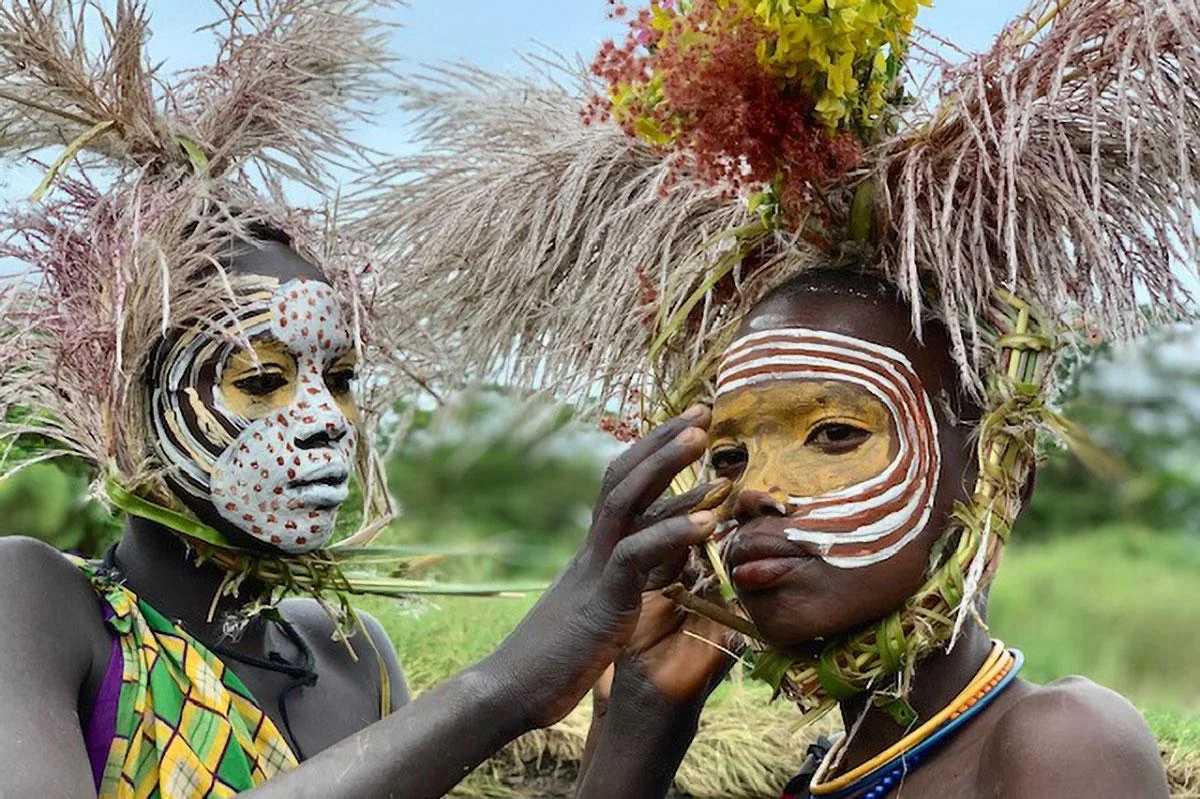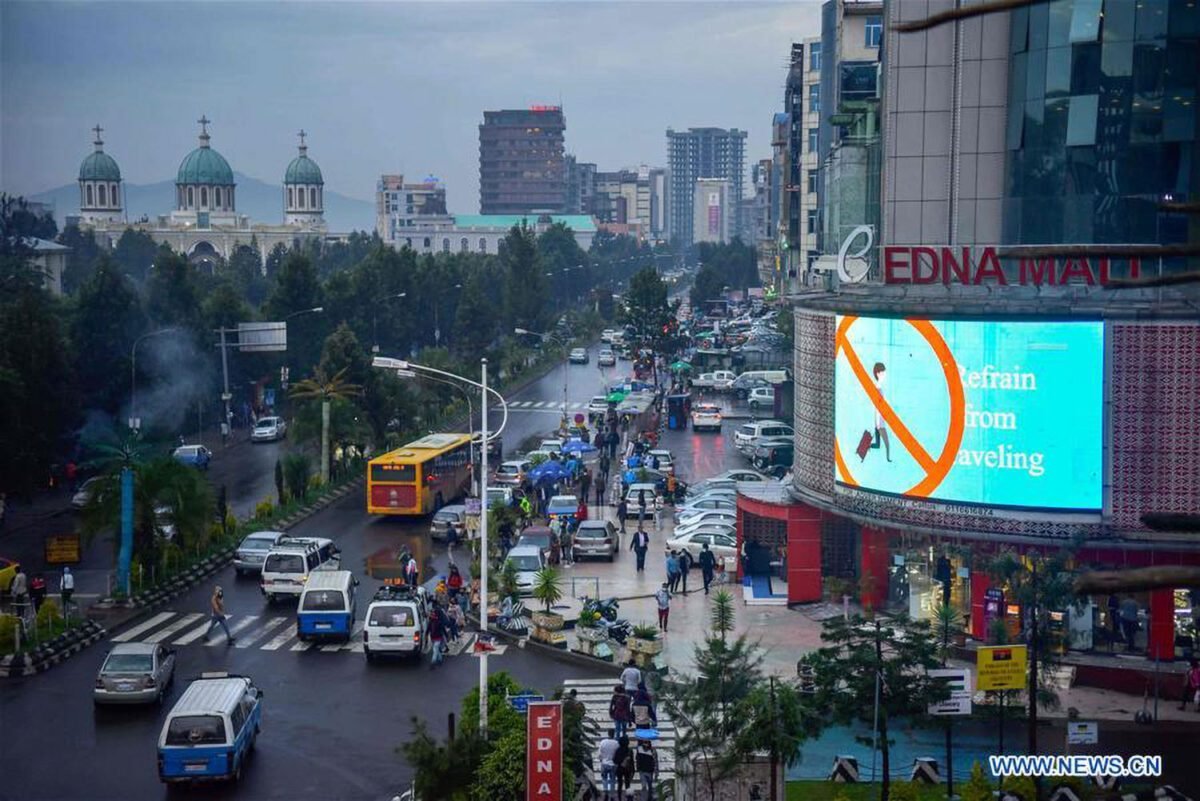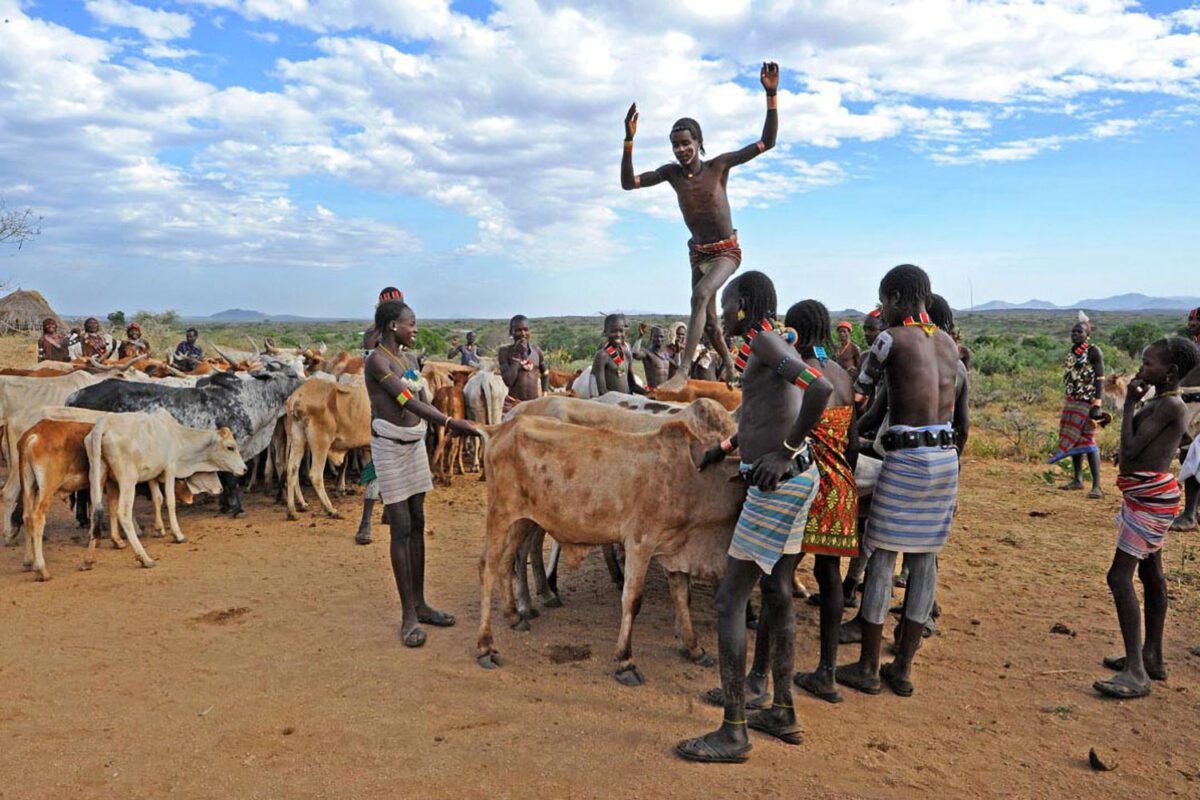In Ethiopia, where rich cultural tapestries intertwine with a history of resilience, Ethiopian women — such as those depicted in these photos in the context of a matriarchal family — are emerging as the vanguard of empowerment and social transformation.
With a steadfast determination to break barriers and challenge traditional gender roles, they are not only rewriting their own narratives but also reshaping the dynamics of families and communities towards a more matriarchal structure.
Ethiopia, known for its diverse landscapes, ancient traditions, and vibrant culture, has also grappled with deep-rooted gender disparities. However, against this backdrop, a remarkable shift is underway. Women across Ethiopia are seizing opportunities, defying societal norms, and carving out spaces for themselves in domains traditionally dominated by men.
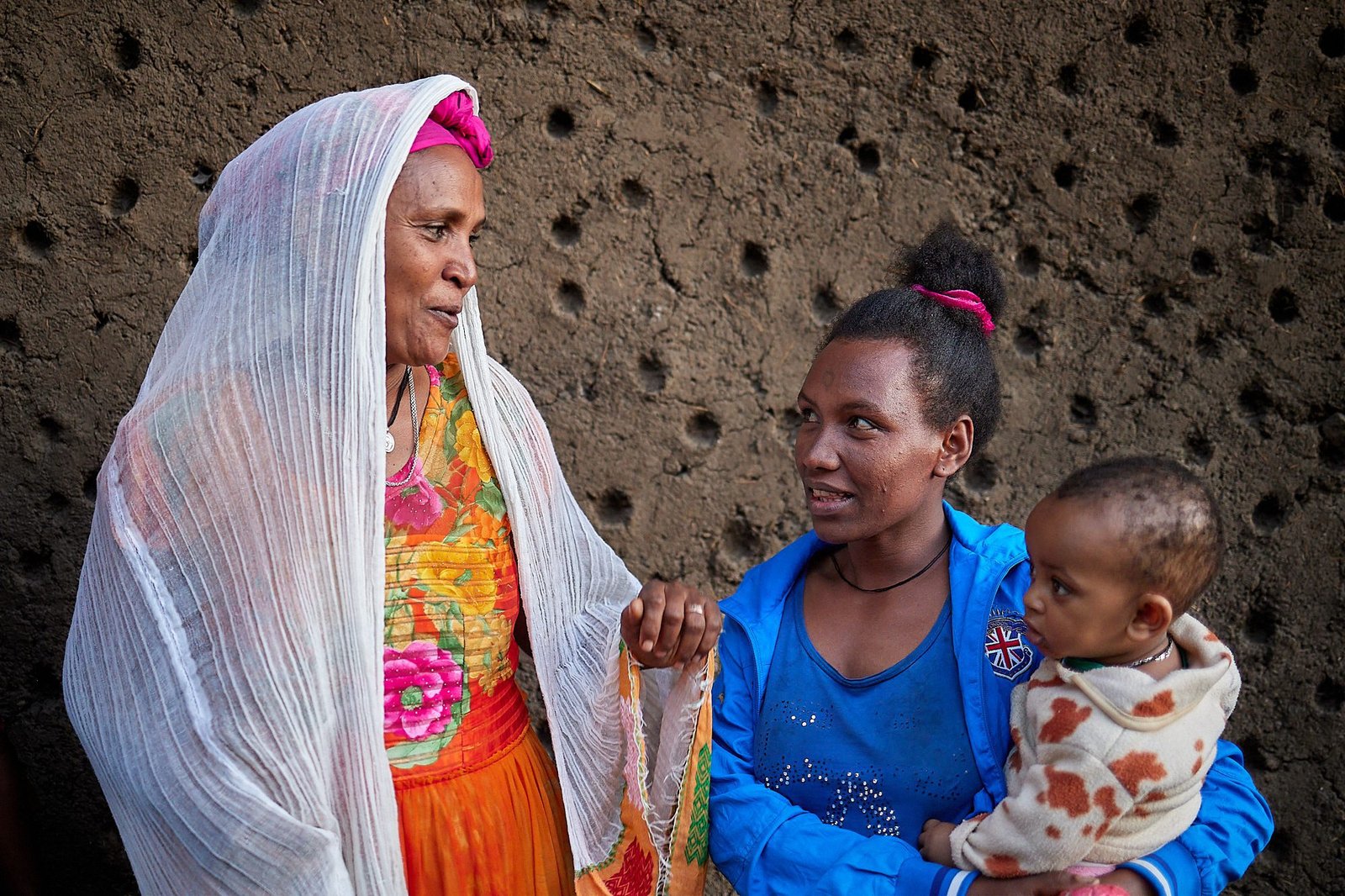
One of the most striking aspects of this transformation is the rise of women in leadership roles. From politics to business, education to activism, Ethiopian women are breaking through the glass ceiling with unwavering determination.
In recent years, Ethiopia has witnessed the appointment of its first female president, Sahle-Work Zewde, marking a significant milestone in the country’s history. This landmark achievement not only symbolizes progress but also inspires countless other women to aspire for leadership positions.
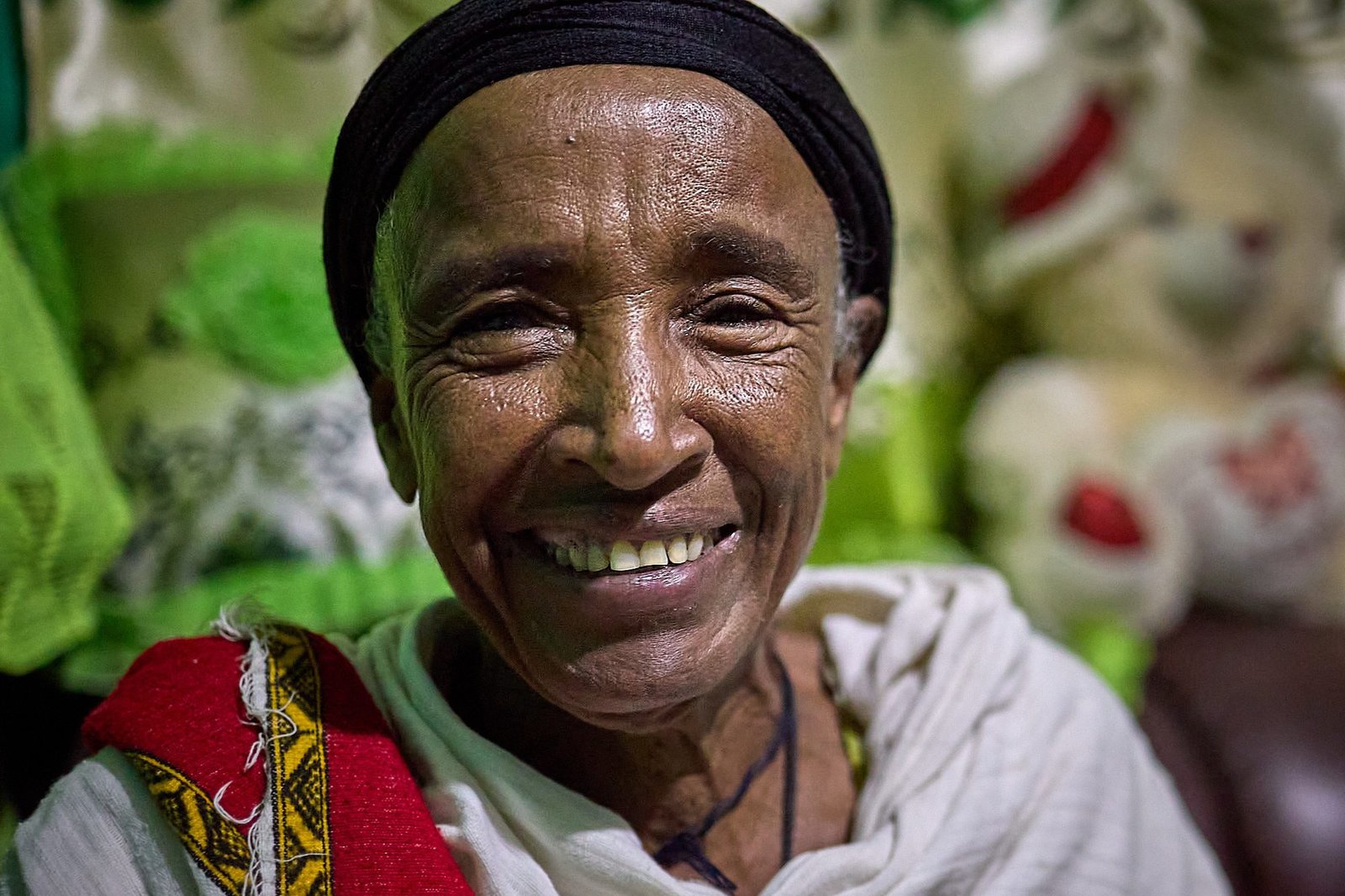
Moreover, Ethiopian women are making significant strides in entrepreneurship and economic empowerment. With initiatives aimed at fostering women-led businesses and providing access to financial resources, they are driving economic growth and contributing to poverty alleviation.
From small-scale enterprises to large corporations, women are demonstrating their entrepreneurial prowess and reshaping the economic landscape of the country.
Beyond the realms of politics and economics, Ethiopian women are also challenging societal norms and redefining familial structures. Traditionally patriarchal societies are witnessing a gradual shift towards matriarchy, where women play increasingly central roles in decision-making and household management.
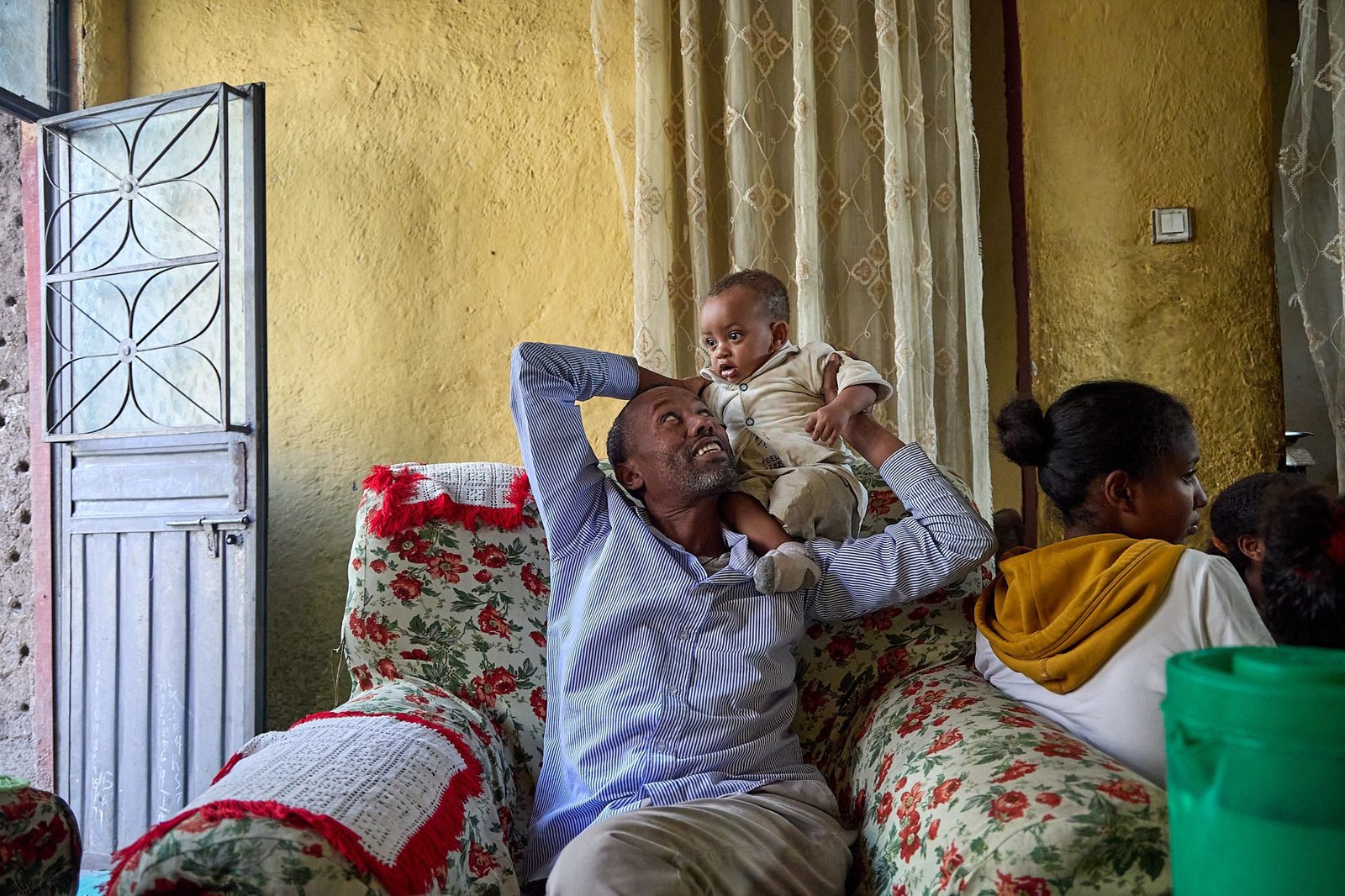
This evolution is not merely about power dynamics but reflects a broader transformation in attitudes towards gender equality and inclusivity.
One of the key drivers of this change is education. As more Ethiopian girls receive access to quality education, they are equipped with the knowledge and skills to pursue their aspirations.
Education empowers women to challenge stereotypes, advocate for their rights, and actively participate in shaping their futures. Through education, Ethiopian women are not only enriching their own lives but also uplifting their families and communities.
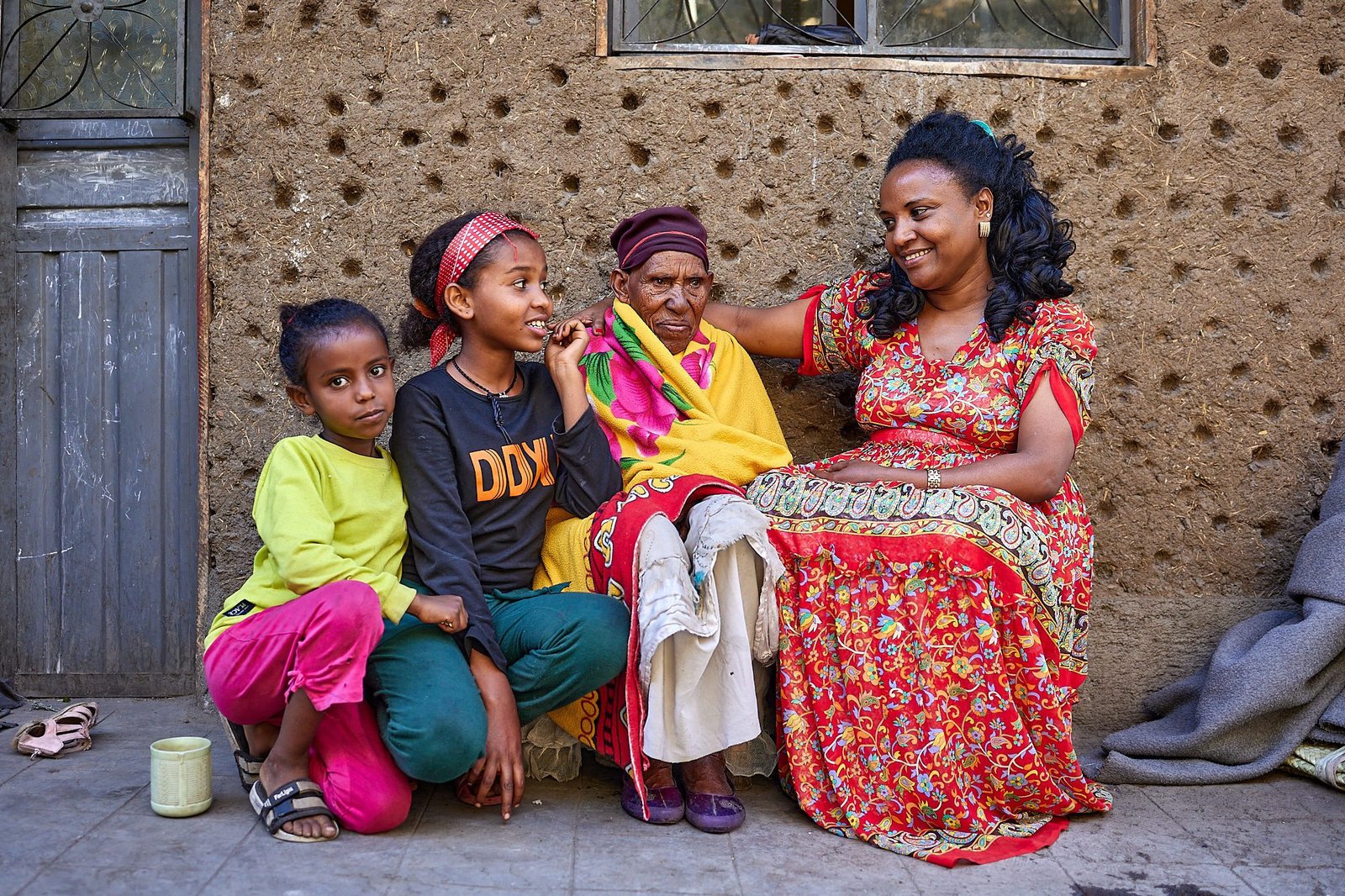
Furthermore, initiatives aimed at promoting women’s health and well-being are contributing to their empowerment. Access to healthcare services, reproductive rights, and maternal care are essential components of women’s empowerment agendas. By prioritizing women’s health, Ethiopia is laying the foundation for a healthier, more resilient society where women can thrive and fulfill their potential.
Nevertheless, challenges persist on the path to gender equality. Deep-seated cultural norms, entrenched gender stereotypes, and structural inequalities continue to hinder progress.
Addressing these challenges requires concerted efforts from government institutions, civil society organizations, and communities at large. Advocacy, policy reforms, and targeted interventions are essential to dismantle barriers and create an enabling environment for women to thrive.
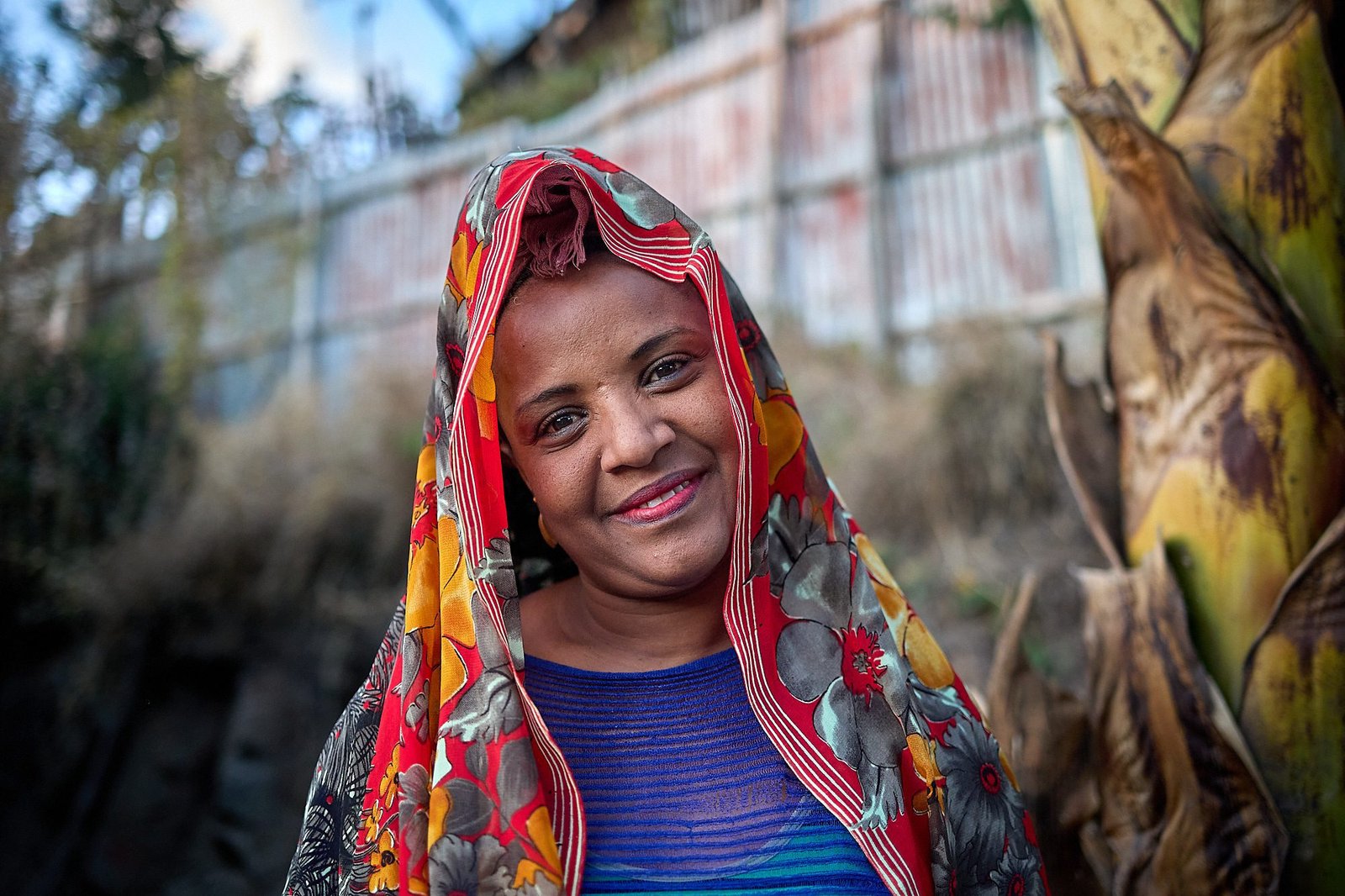
The empowerment of Ethiopian women represents a beacon of hope and progress in the journey towards gender equality. Their resilience, determination, and unwavering spirit are driving transformative change across all facets of society.
As women continue to assert their rights, challenge stereotypes, and lead by example, Ethiopia moves closer to realizing its full potential as a truly inclusive and equitable society.
The journey towards empowerment may be arduous, but with each step forward, Ethiopian women are paving the way for a brighter and more equitable future for generations to come.







